The Importance of Physical Literacy in Early Childhood Education
8 May 2025
Early childhood is a crucial time for developing essential skills that shape a child's future. We often emphasize literacy and numeracy, but what about physical literacy? Just like learning to read and write, children need to develop movement skills that will help them lead active and healthy lives.
Physical literacy is more than just running, jumping, or throwing a ball—it's about building confidence, coordination, and a lifelong love for movement. In today's digital age, where screen time often overshadows outdoor play, prioritizing physical literacy in early childhood education is more important than ever.
So, what exactly is physical literacy, and why does it matter so much for young children? Let’s dive in!
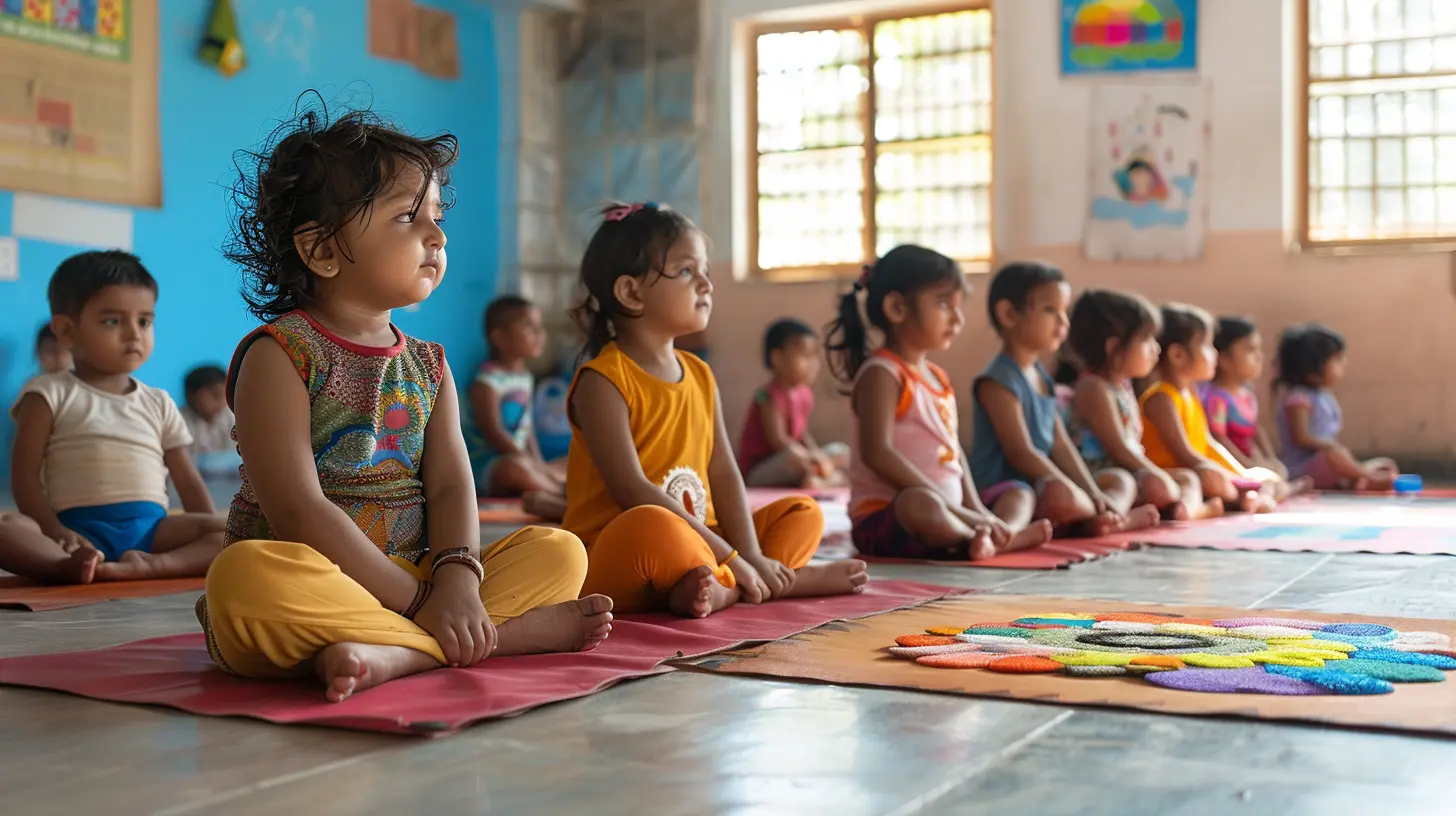
What is Physical Literacy?
At its core, physical literacy is the ability, confidence, and motivation to move effectively in various environments. It includes basic movement skills like running, jumping, throwing, and balancing, which serve as the foundation for more complex physical activities later in life.Imagine a child who struggles to catch a ball or who avoids playground games because they feel uncoordinated. Without physical literacy, many kids miss out on the joy of movement and may develop a sedentary lifestyle that impacts their health.
The four key components of physical literacy are:
1. Motivation and Confidence – Feeling encouraged to move and believing in one's physical abilities.
2. Physical Competence – Developing movement skills that allow a child to participate in different activities.
3. Knowledge and Understanding – Recognizing the importance of physical activity and how it benefits the body.
4. Engagement in Activities – Regularly participating in movement-rich experiences.
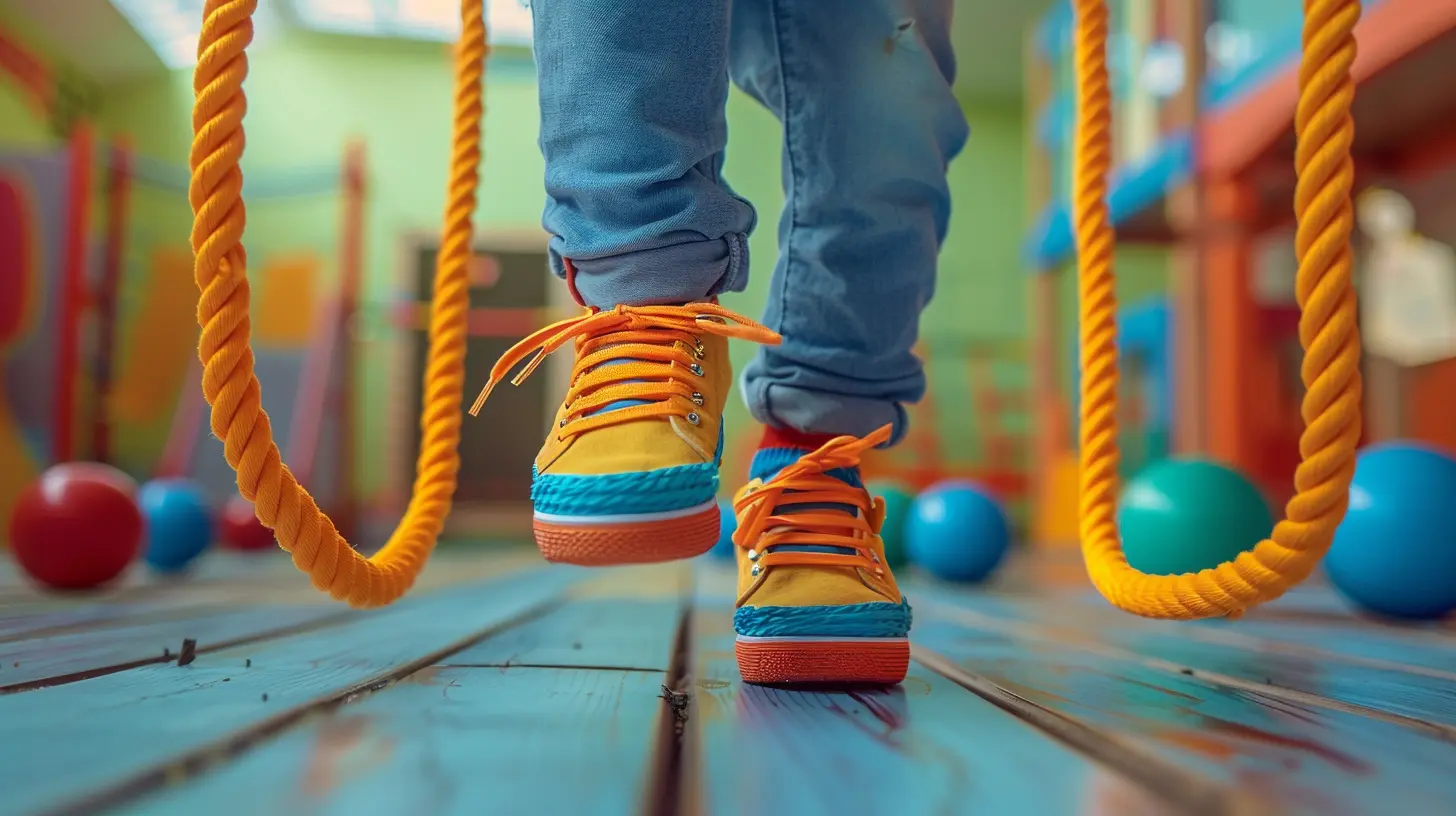
Why Physical Literacy Matters in Early Childhood
Physical literacy isn't just about sports—it’s about giving kids the tools to enjoy an active life. Here’s why it should be a focal point in early childhood education:1. Encourages Healthy Growth and Development
Physical activity supports bone development, muscle growth, and cardiovascular health. During early childhood, a child's body is rapidly developing, and engaging in movement helps strengthen muscles and bones, reducing the risk of health issues like obesity or poor posture later in life.2. Builds Confidence and Self-Esteem
Imagine a child who struggles to run without tripping—frustration can quickly turn into self-doubt. When kids develop strong movement skills early on, they gain confidence in their abilities. This self-assurance can spill over into other areas, such as academics and social interactions.3. Enhances Cognitive Development
Did you know that movement is linked to brain development? Physical activities like climbing, balancing, and running engage multiple brain functions, improving problem-solving skills, concentration, and memory. Studies suggest that children who are physically active tend to perform better academically.4. Develops Social Skills and Teamwork
Playing tag or engaging in group activities teaches children teamwork, communication, and cooperation. These social skills are just as essential as academic abilities. Through physical play, children learn how to take turns, resolve conflicts, and support each other.5. Promotes Mental Well-Being
Physical activity isn't just about physical health—it’s a powerful mood booster too. Exercise releases endorphins, the brain's natural "happy hormones," which help reduce stress and anxiety. Encouraging movement at an early age fosters emotional resilience and helps children manage their feelings better.6. Reduces Screen Time and Sedentary Behavior
With the rise of tablets, smartphones, and television, many children spend more time sitting than moving. Physical literacy initiatives encourage active play, helping balance screen time with movement-based activities that engage the mind and body.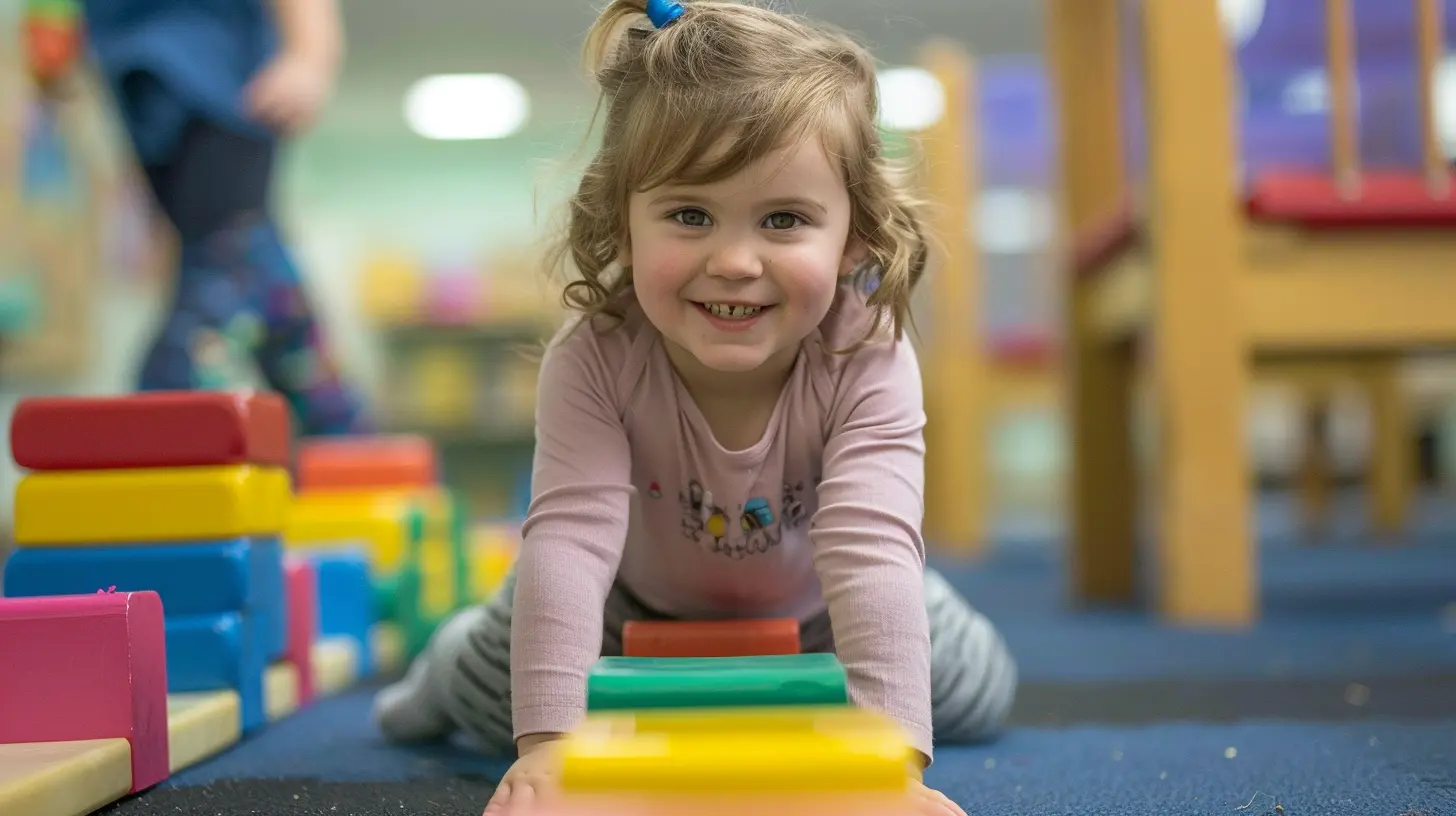
How Can Educators Promote Physical Literacy?
Now that we understand its importance, how can we integrate physical literacy into early childhood education?1. Make Movement a Daily Habit
Incorporate movement into daily routines—whether it’s a morning stretch, a quick dance session, or a game of Simon Says. The more movement becomes a natural part of the day, the more children will develop a habit of staying active.2. Encourage Outdoor Play
Outdoor environments provide limitless opportunities for movement! Whether it’s climbing, running, or playing with a ball, children develop crucial motor skills through unstructured play. Plus, exposure to fresh air and nature has incredible benefits for mental well-being.3. Integrate Movement into Learning
Why not combine physical activity with lesson plans? For example, counting can be practiced with jumping jacks, and spelling words can be reinforced through hopscotch. Movement-based learning keeps children engaged while supporting their academic development.4. Create a Variety of Physical Activities
Offer a mix of activities that develop different movement skills—running, balancing, throwing, catching, and even dancing. The key is to make movement fun and inclusive, so every child feels motivated to participate.5. Model an Active Lifestyle
Children learn by watching adults. Teachers and caregivers who demonstrate an active lifestyle—whether by participating in games or showing enthusiasm for movement—encourage kids to do the same.6. Use Play-Based Learning
Young children learn best through play. Interactive games like obstacle courses, scavenger hunts, or relay races keep them moving while making learning enjoyable. When movement is fun, kids are more likely to stay engaged.7. Encourage Parent Involvement
Parents play a crucial role in a child's physical literacy journey. Educators can provide tips for parents to encourage movement at home, such as family walks, bike rides, or simple ball games that promote active play.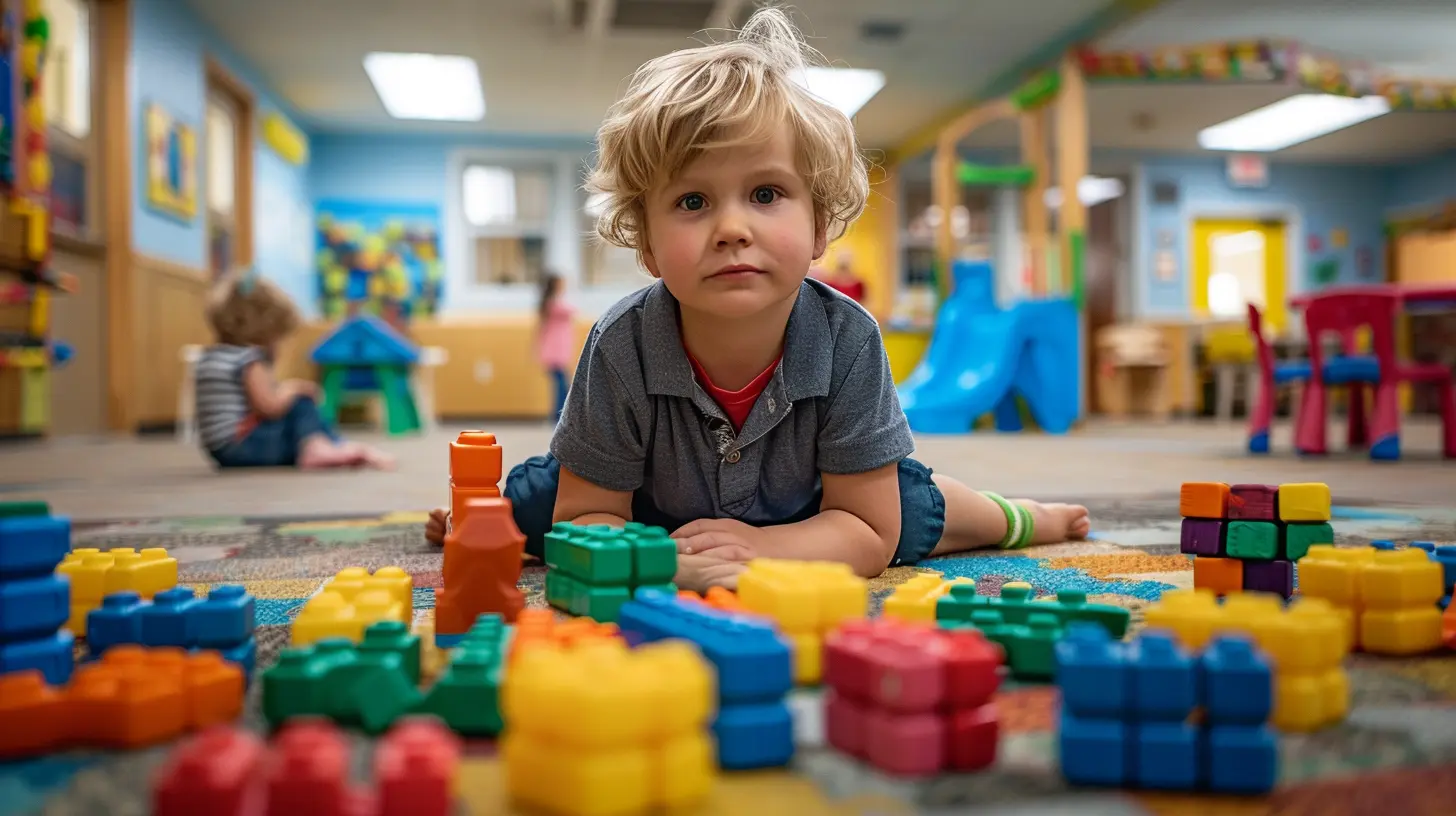
Overcoming Barriers to Physical Literacy
Despite its importance, several barriers hinder physical literacy development—here’s how to tackle them:- Lack of Space: Not all schools or homes have access to large play areas. Get creative with movement-based indoor activities like yoga, stretching exercises, or simple obstacle courses using household items.
- Limited Time: With busy schedules, it can be hard to prioritize movement. However, short bursts of activity throughout the day (even just 5-10 minutes) can have a significant impact.
- Lack of Confidence: Some children may feel uncomfortable with movement due to past experiences. Encouragement, praise, and making activities non-competitive can help boost confidence and enjoyment.
The Long-Term Benefits of Physical Literacy
A strong foundation in physical literacy leads to a healthier, happier future. Children who develop movement skills early are more likely to stay active as they grow, reducing the risk of obesity, heart disease, and other health concerns.Beyond health, physical literacy fosters resilience, teamwork, and confidence—qualities that benefit children not only in school but in life. When kids feel competent in their physical abilities, they’re more willing to try new challenges, both on and off the playground.
Final Thoughts
Physical literacy is just as important as reading and math in early childhood education. It shapes not only a child’s health but also their confidence, social skills, and cognitive development. By making movement a natural and enjoyable part of learning, we can set children on a path to lifelong physical activity and well-being.So, let’s put down the screens, get moving, and help our kids build the skills they need to thrive—one jump, hop, and skip at a time!
all images in this post were generated using AI tools
Category:
Physical EducationAuthor:

Monica O`Neal
Discussion
rate this article
6 comments
Erica Wolf
Thank you for highlighting the vital role of physical literacy in early childhood education. It's heartening to see how fostering movement and play can nurture holistic development in young learners.
May 17, 2025 at 8:44 PM

Monica O`Neal
Thank you for your thoughtful comment! I'm glad you found the article highlighting the importance of physical literacy in fostering holistic development in young learners.
Dylan Summers
Physical literacy isn't just an add-on; it's fundamental. By prioritizing active play and movement in early childhood education, we empower children to thrive physically, mentally, and socially. Let's stop sidelining physical development—it's time to embrace a holistic approach that shapes confident, capable learners for life!
May 17, 2025 at 3:15 AM

Monica O`Neal
Thank you for your insightful comment! I completely agree—prioritizing physical literacy is essential for fostering well-rounded individuals. Embracing active play in early childhood education truly lays the foundation for lifelong skills and confidence.
Mabel O'Neal
Physical literacy is crucial for children's development; it fosters confidence, motor skills, and a lifelong love for physical activity.
May 16, 2025 at 10:38 AM

Monica O`Neal
Thank you for highlighting the importance of physical literacy! It's essential for fostering holistic development in children.
Brooks Riley
Thank you for highlighting the crucial role of physical literacy in early childhood education. Fostering these skills not only enhances children’s physical development but also supports their social and cognitive growth. Great insights!
May 14, 2025 at 3:38 AM

Monica O`Neal
Thank you for your thoughtful comment! I'm glad you found the insights valuable. Physical literacy indeed lays a foundation for holistic development in young children.
Miles Cooper
Empowering children with physical literacy fosters confidence, joy, and lifelong love for movement. Let's nurture their potential!
May 12, 2025 at 2:44 AM

Monica O`Neal
Thank you! I completely agree—nurturing physical literacy in early childhood is key to building confidence and a lifelong passion for movement.
Ursula Kelly
Absolutely loved this article! Physical literacy lays the foundation for lifelong movement and learning. Let’s empower our kids to explore and thrive!
May 9, 2025 at 7:44 PM

Monica O`Neal
Thank you for your kind words! I completely agree—empowering kids through physical literacy is essential for their growth and development. Let's continue to inspire exploration and active learning!
MORE POSTS
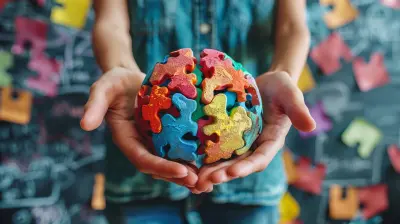
Teaching Empathy as Part of the Problem-Solving Process
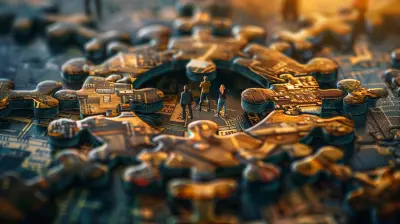
How to Teach Students to Approach Problems from Multiple Angles
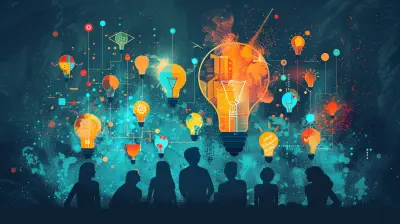
Visual Learning and the Power of Infographics in Education
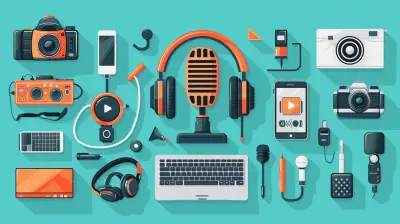
The Role of Podcasts in Enhancing Digital Literacy
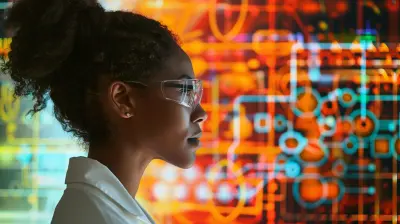
STEM for All: Creating Inclusive Learning Environments for Diverse Learners